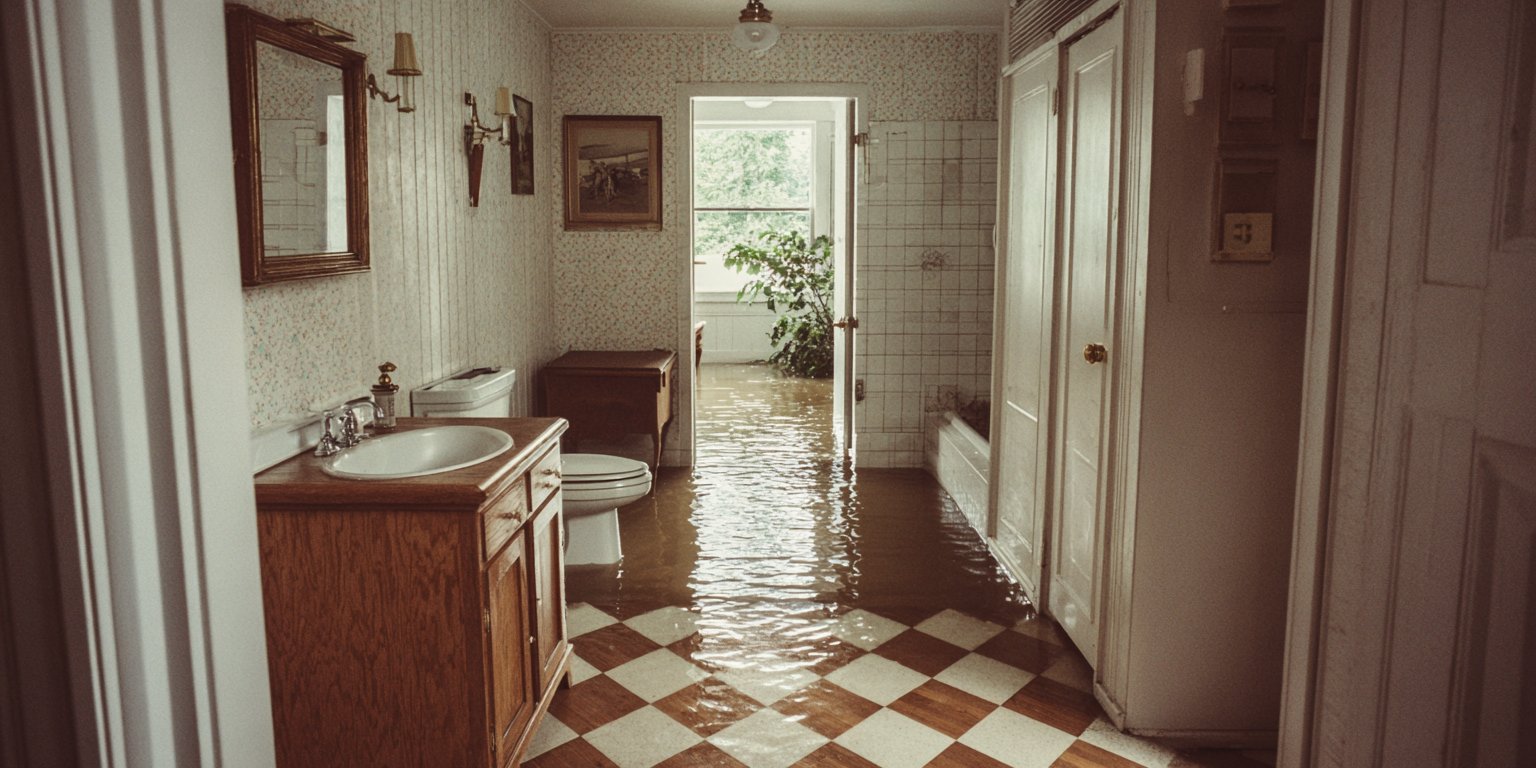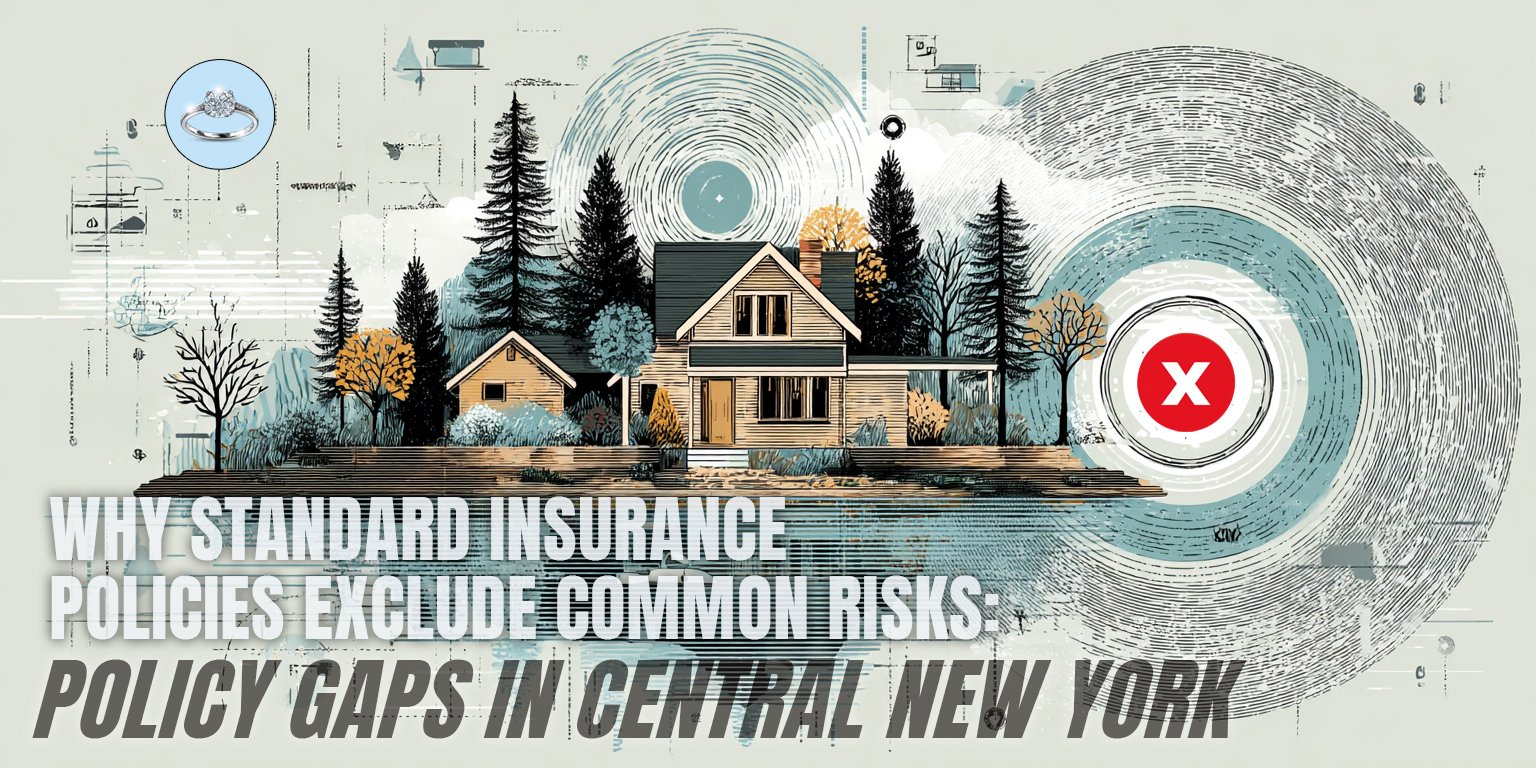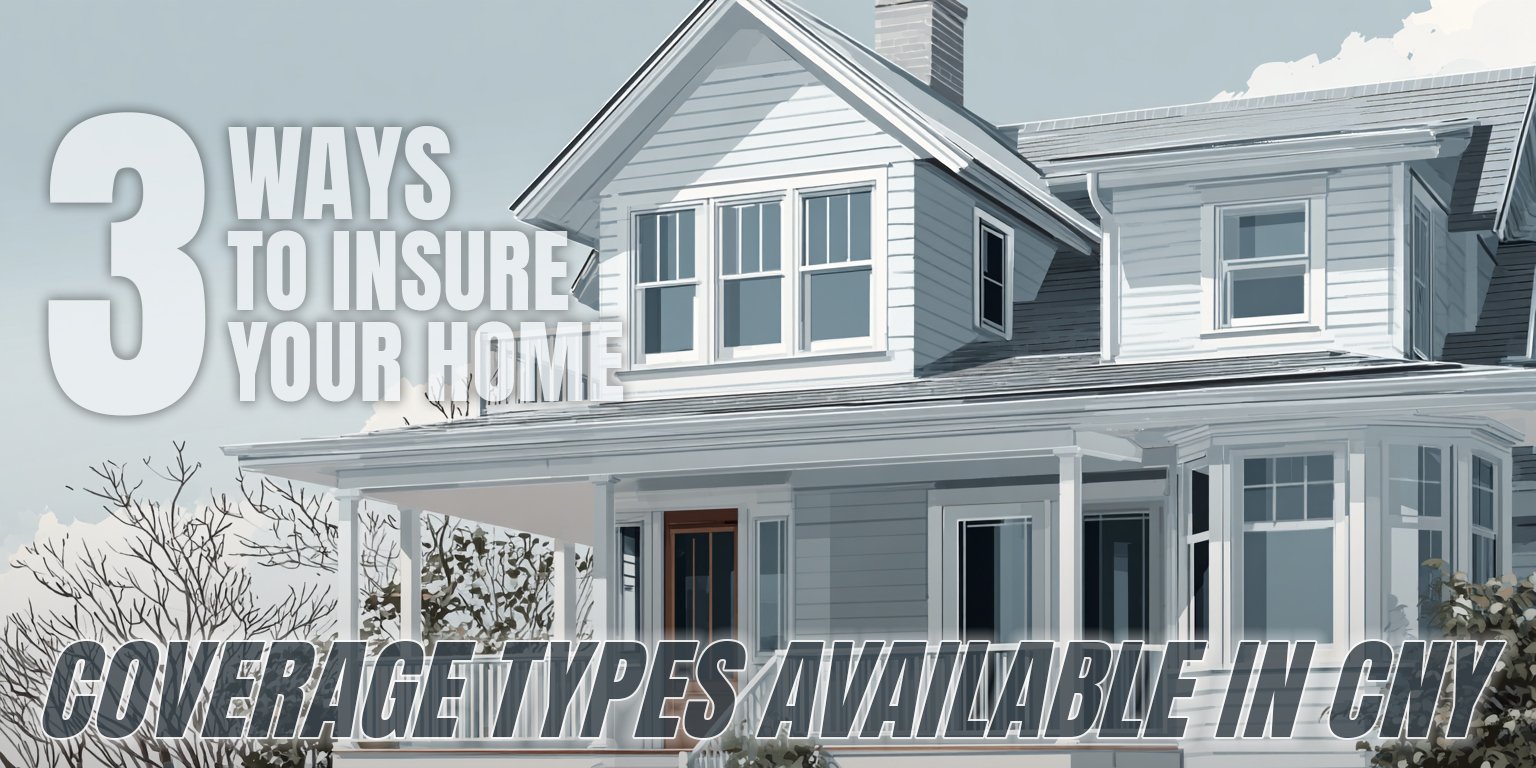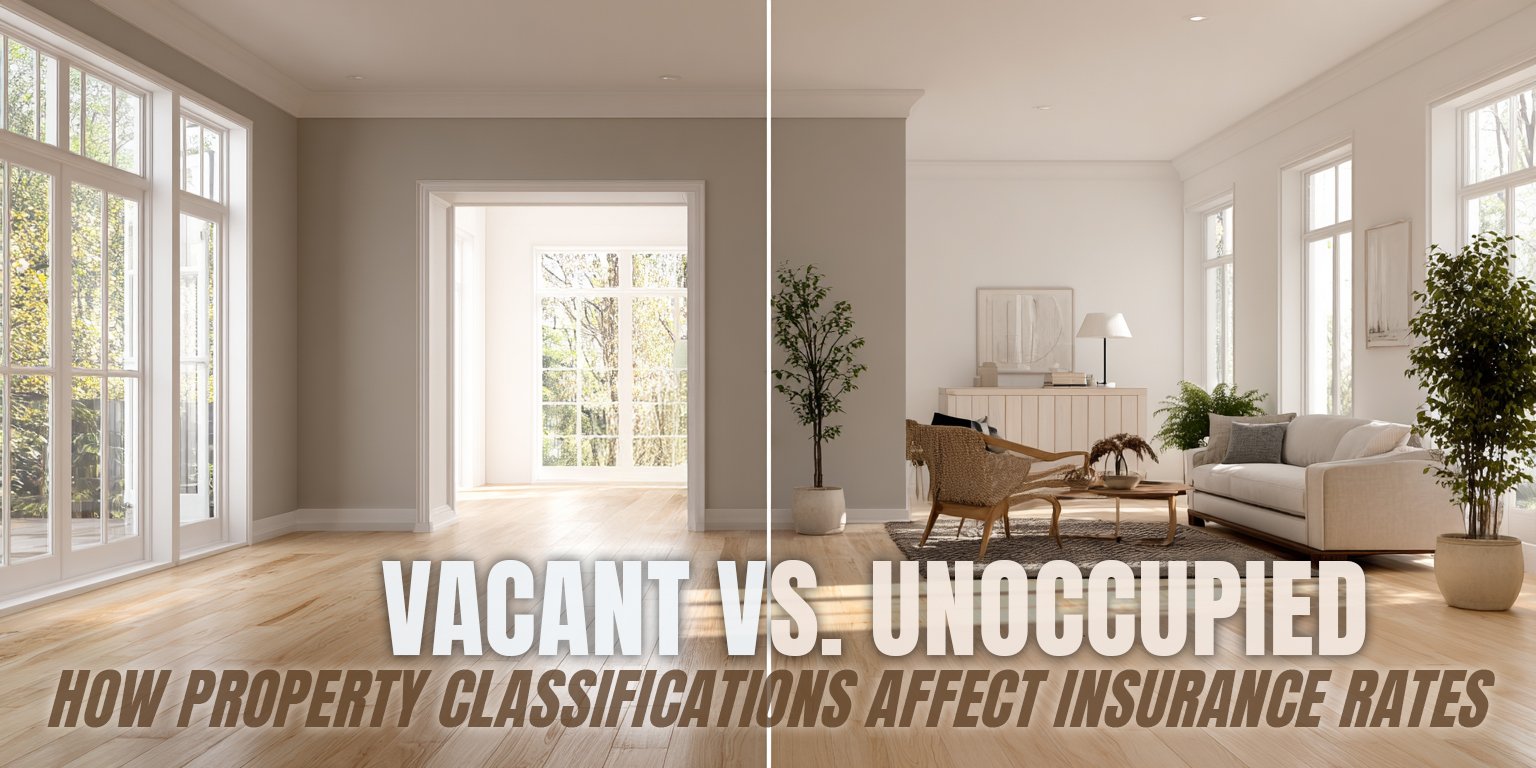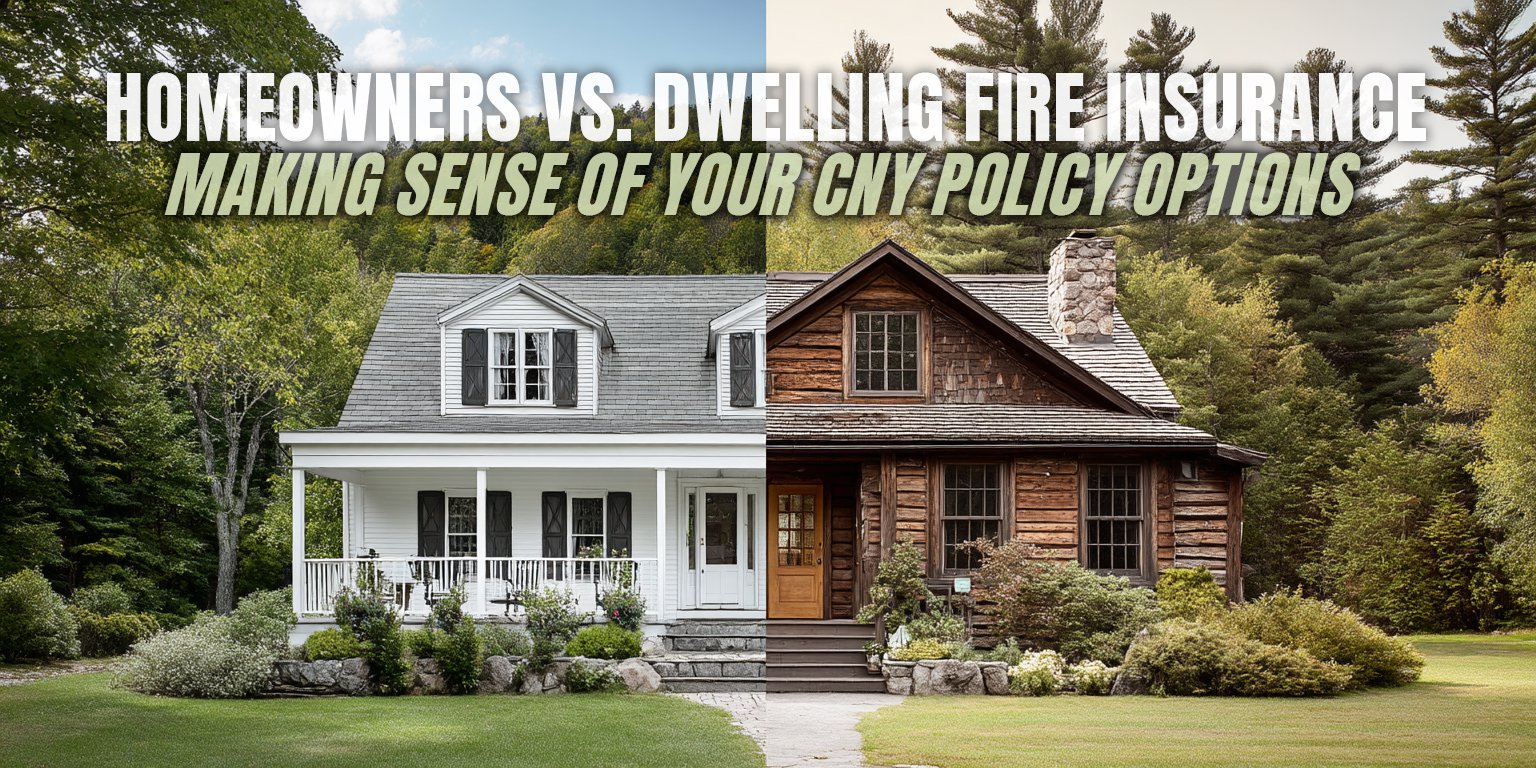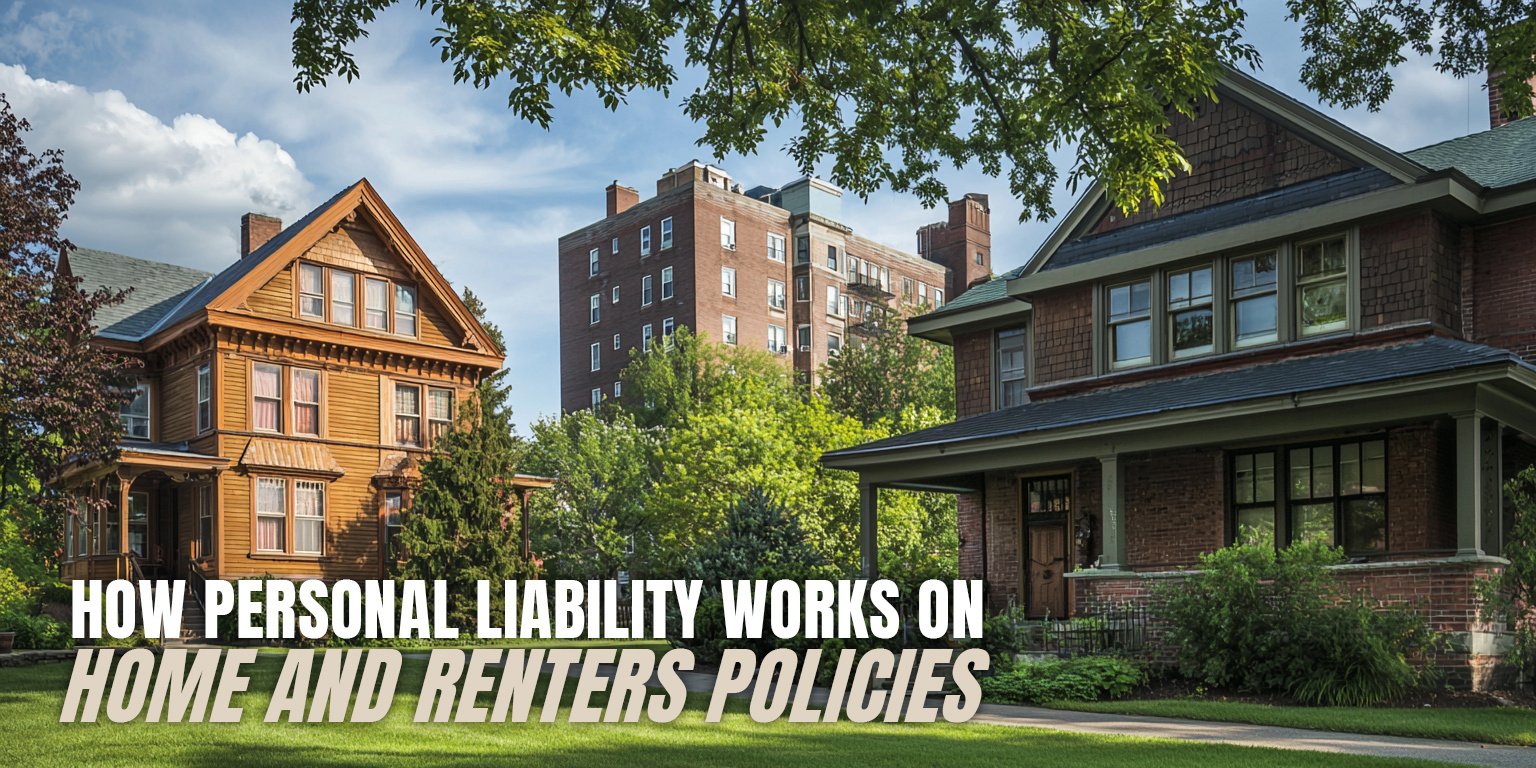
How Personal Liability Works
If someone is injured on your property or you accidentally damage someone else's property, your personal liability coverage provides two main benefits:
- Legal representation: The insurance company will provide an attorney to defend you if you're sued. This legal representation is often provided outside of your liability limits, meaning your legal expenses will not reduce the amount of coverage you have, but policies can vary.
- Financial protection: If you're found legally responsible, the policy will pay damages up to your liability limit. This covers both bodily injury and property damage claims.
These benefits apply equally whether you have a homeowners or renters policy.
The Claim Process: With or Without Lawsuits
While many people associate personal liability claims with lawsuits, it's important to note that not all claims result in legal proceedings. In some cases, the insurance company can settle claims without going to court. For instance:
- If someone is injured on your property, they might submit a claim directly to your insurance company.
- The insurance company will investigate the claim, talking to you and the injured party.
- If the claim is valid and within your coverage limits, the insurance company may offer a settlement without the need for a lawsuit.
This process can often resolve issues more quickly and with less stress for all parties involved, whether you're a homeowner or a renter.
When Personal Liability Coverage Can Offer Protection
Let's look at some common situations where personal liability coverage could insure you:
The Icy Sidewalk Incident
Imagine it's a frosty February morning in Liverpool. The mail carrier slips on the icy sidewalk leading to your front door and breaks their arm. Your personal liability coverage would likely cover their medical expenses and any lost wages.
The Overzealous Dog
Your normally friendly dog gets too excited at Onondaga Lake Park and knocks over a cyclist. If the cyclist suffers injuries and decides to sue, your personal liability coverage would provide legal defense and cover damages if you're found responsible.
The Balcony Flower Pot Accident
You're watering plants on your apartment balcony, and accidentally knock a flower pot over the edge, damaging a car parked below. Your liability coverage would typically cover the cost of repairing the car.
Choosing the Right Amount of Coverage: Factors to Consider
When deciding on your liability limit, consider these factors:
- Your assets: The more you own, the more you have to lose in a lawsuit.
- Your lifestyle: Do you frequently host gatherings? Do you have high-risk features like a dog?
- Your risk tolerance: How much financial risk are you comfortable with?
These considerations apply whether you're a homeowner or a renter.
Understanding Liability Limit Options
Most home and renters insurance policies offer several options for liability coverage limits. Common limits include:
- $100,000 (typically the minimum offered)
- $300,000
- $500,000
- $1,000,000
While $100,000 is often the starting point, many insurance professionals recommend at least $300,000 to $500,000 for better protection, especially if you have high-risk factors like certain dog breeds.
Beyond Standard Limits: When You Need Extra Protection
For some individuals, even $500,000 or $1 million in liability coverage might not be enough. If you have significant assets or higher risk factors, you might want to consider an umbrella policy.
An umbrella policy provides additional liability coverage above your home or renters policy limits. For example, if you have $500,000 in liability coverage on your policy and a $1 million umbrella policy, your total liability protection would be $1.5 million.
Umbrella policies are particularly useful for those who:
- Have high net worth
- Own rental properties
- Have teenage drivers in the household
- Own dogs of certain breeds
- Have high-risk features on their property: like pools trampolines, firearms (for homeowners)
It's worth noting that while umbrella policies are available to renters, they may be less common among renters compared to homeowners. However, they can provide valuable additional protection for renters who want or need extra liability coverage.
The Cost of Composure: Understanding Liability Premiums
You might be surprised to learn that increasing your liability coverage often doesn't cost as much as you'd think. The difference in premium between $100,000 and $300,000 in coverage is typically minimal—often just a few dollars a month. Even jumping from $100,000 to $1 million in coverage might only add $20 to $30 to your annual premium.
Given the potential financial protection it offers, increasing your liability limit can be an incredibly cost-effective way to enhance your overall insurance protection.
We Can Help You Choose Coverage for Your Home and Lifestyle
Choosing the amount of personal liability coverage isn't a one-size-fits-all decision. It requires careful consideration of your unique circumstances and risk factors, whether you own or rent your home.
At Horan, we're committed to helping you navigate these decisions with confidence. Our approach includes:
- Detailed risk assessment: We'll help you identify potential liability risks based on your situation.
- Policy review: We'll help you understand your current coverage and identify any gaps.
- Recommendations: Based on your stated needs and budget, we'll suggest liability limit options for your consideration.
Don't let uncertainty about your liability coverage keep you up at night. With insurance in place, you may feel more at ease about unexpected events.
Click the Get a Quote button below to start a conversation with our team of agents.
Topics:













